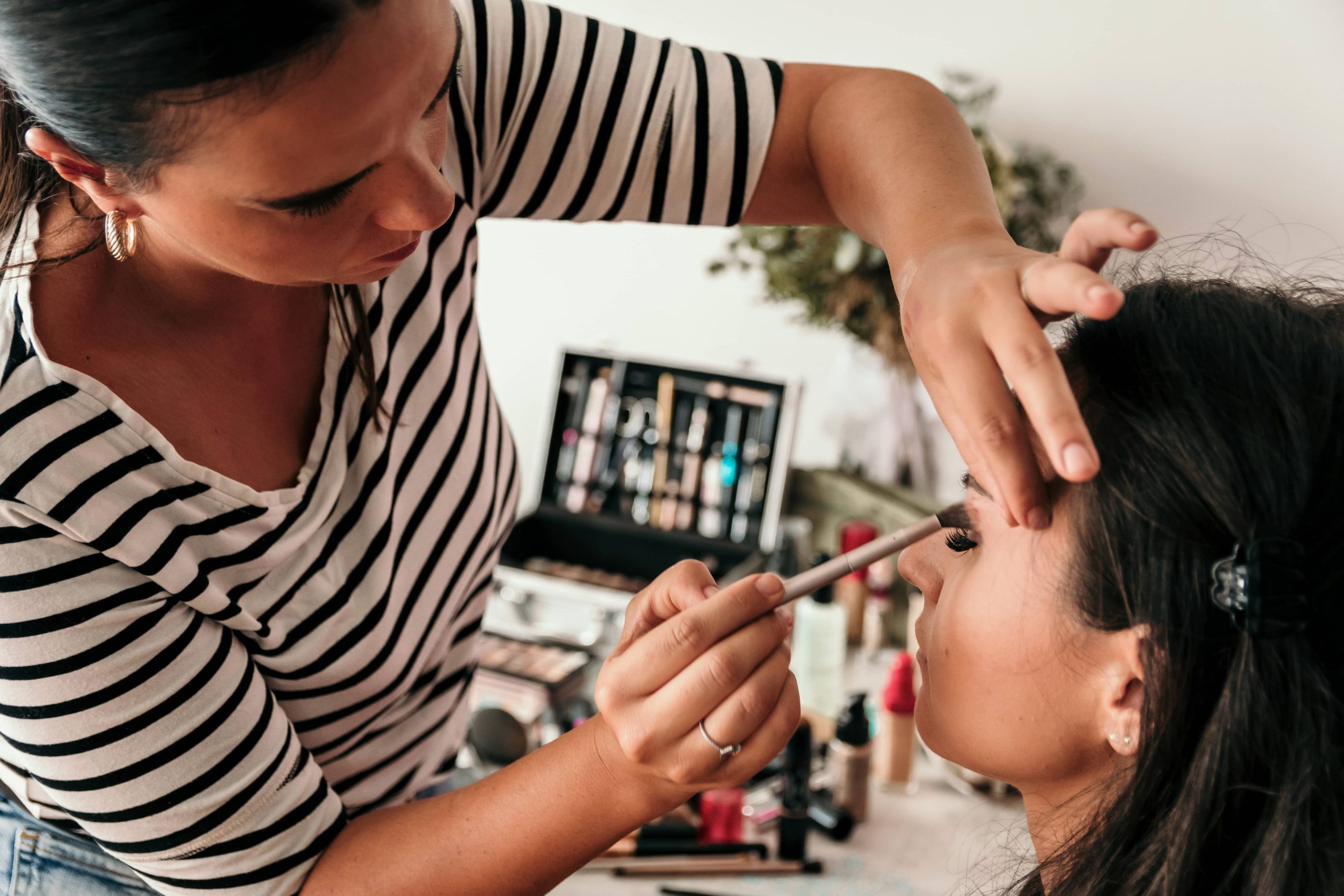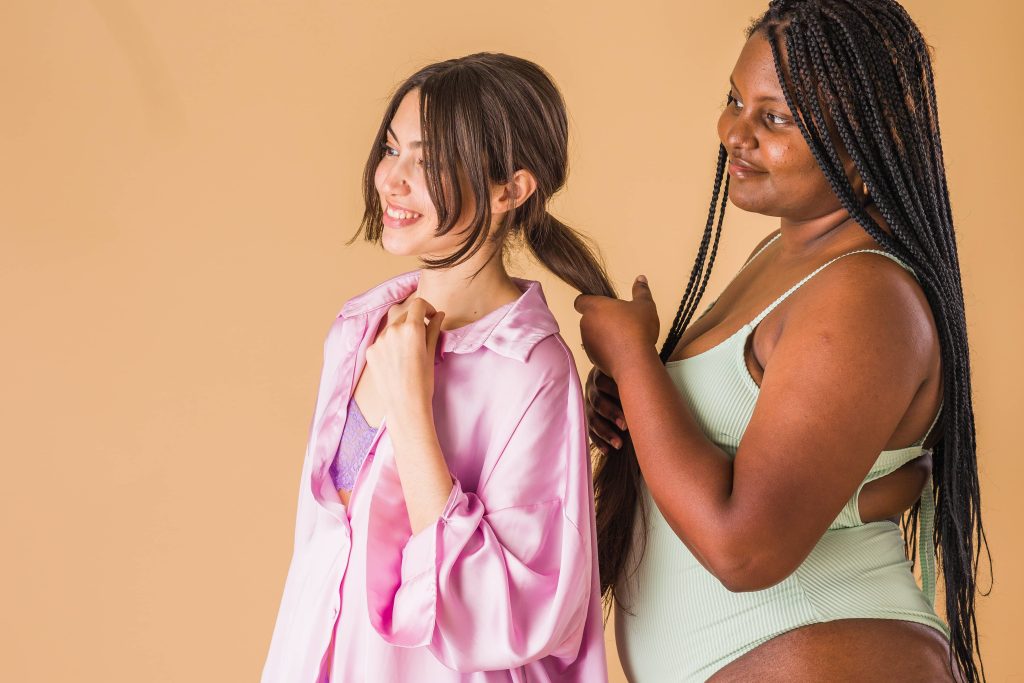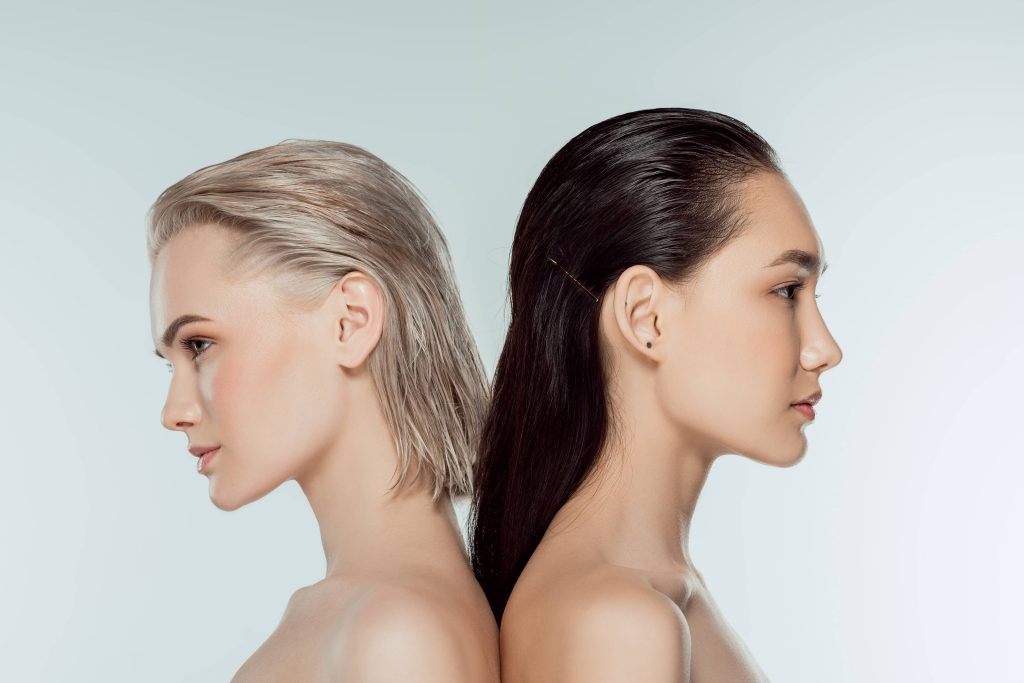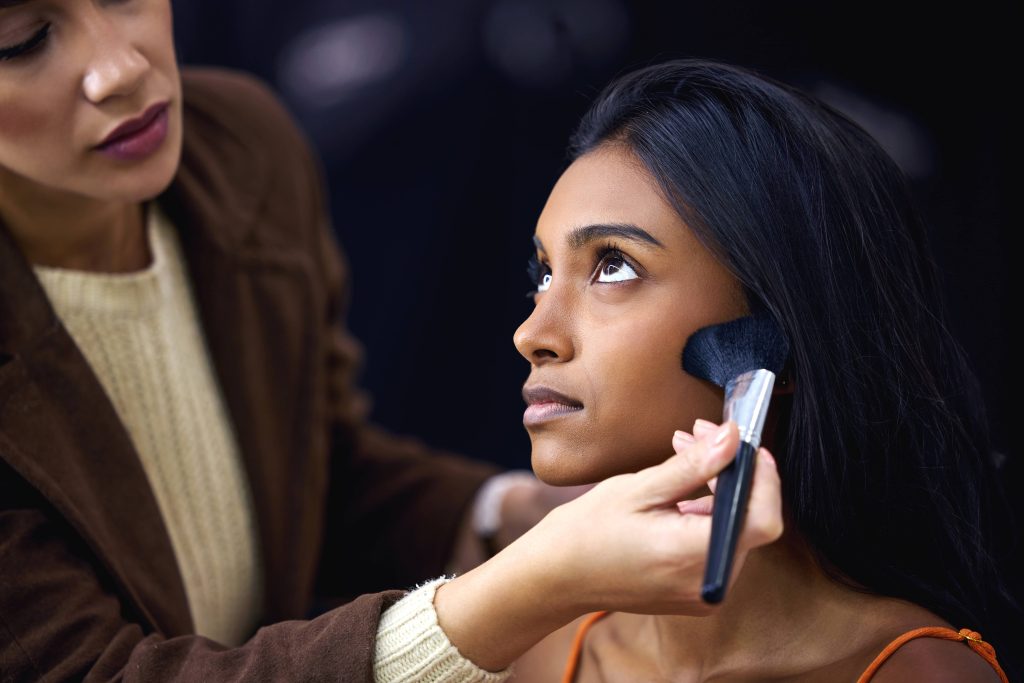
In the digital age, social media has become an integral part of our daily lives, influencing everything from our shopping habits to our self-esteem. Among the many aspects of life that social media has transformed, perceptions of beauty stand out as particularly significant. Platforms like Instagram, TikTok, and YouTube have not only democratized beauty but also reshaped its standards, often in ways that are both empowering and problematic.
The Democratization of Beauty
One of the most profound impacts of social media on beauty perceptions is the democratization of beauty standards. Before the rise of social media, beauty ideals were largely dictated by fashion magazines, Hollywood, and the advertising industry. These traditional media outlets often promoted a narrow and homogeneous standard of beauty, typically favoring Eurocentric features, slim body types, and flawless skin.
Social media, however, has given a platform to a diverse range of voices and faces. Influencers from various ethnic backgrounds, body types, and gender identities have gained significant followings, challenging the traditional beauty norms. This shift has allowed for a more inclusive definition of beauty, where uniqueness and individuality are celebrated. For instance, the body positivity movement, which gained momentum on platforms like Instagram, encourages people to embrace their natural bodies and reject unrealistic beauty standards.
The Rise of Beauty Influencers
Beauty influencers have become powerful figures in shaping beauty trends and perceptions. With millions of followers, influencers like James Charles, NikkieTutorials, and Jackie Aina have the ability to set trends and influence consumer behavior. They often provide makeup tutorials, skincare routines, and honest product reviews, making beauty more accessible to the average person.
However, the influence of beauty influencers is a double-edged sword. While they promote diversity and authenticity, they also contribute to the pressure to conform to certain beauty standards. The curated and often edited images they post can create unrealistic expectations, leading to issues with self-esteem and body image among their followers.
The Role of Filters and Editing Apps
The use of filters and editing apps on social media has further complicated perceptions of beauty. Apps like Facetune and Snapchat offer tools to smooth skin, whiten teeth, and even alter facial features. While these tools can be fun and creative, they also perpetuate an unattainable standard of beauty. The constant exposure to edited images can lead individuals to compare themselves to these unrealistic ideals, resulting in dissatisfaction with their own appearance.
Moreover, the prevalence of filters has sparked debates about authenticity and self-acceptance. Some argue that the use of filters undermines the authenticity that social media is supposed to promote, while others believe that they are simply a form of self-expression.
The Impact on Mental Health
The impact of social media on mental health, particularly in relation to beauty perceptions, is a growing concern. Studies have shown that excessive use of social media can lead to negative body image, anxiety, and depression. The constant comparison to others, coupled with the pressure to present a perfect image, can take a toll on mental well-being.
However, social media can also have positive effects on mental health. Communities and support groups have formed around shared experiences, such as dealing with acne or embracing natural hair. These communities provide a sense of belonging and validation, helping individuals to feel less alone in their struggles.
Moving Towards a Healthier Relationship with Beauty
As social media continues to evolve, it is crucial to foster a healthier relationship with beauty. This involves promoting authenticity, diversity, and self-acceptance. Brands and influencers have a responsibility to represent a wide range of beauty and to be transparent about the use of filters and editing.
Education is also key in helping individuals navigate the complex world of social media. By teaching media literacy, we can empower people to critically evaluate the content they consume and to recognize the difference between reality and the often-edited images they see online.
In conclusion, social media has had a profound impact on perceptions of beauty, offering both opportunities for empowerment and challenges to self-esteem. By embracing diversity and authenticity, and by promoting a balanced and critical approach to social media, we can work towards a more inclusive and healthy understanding of beauty.



